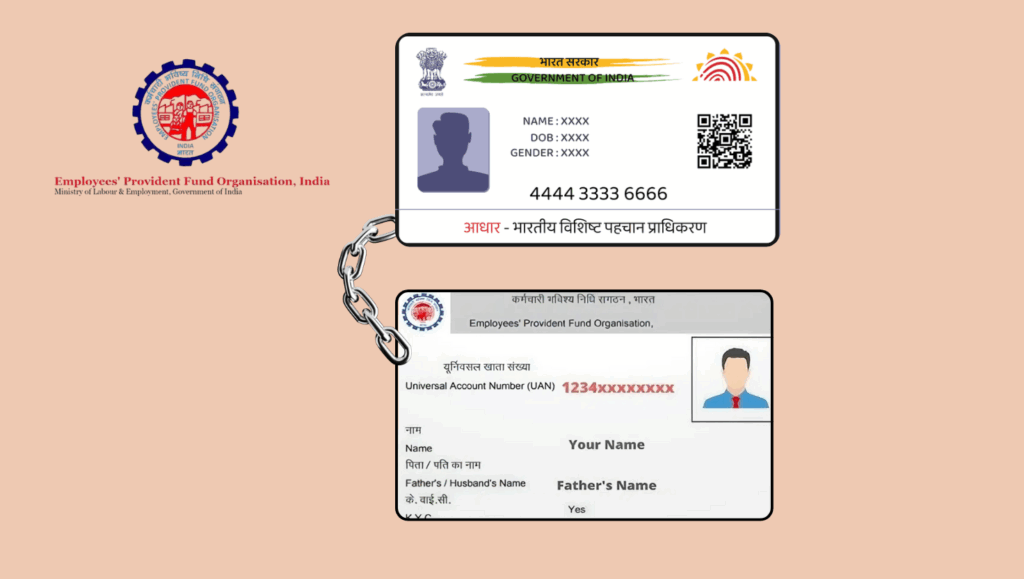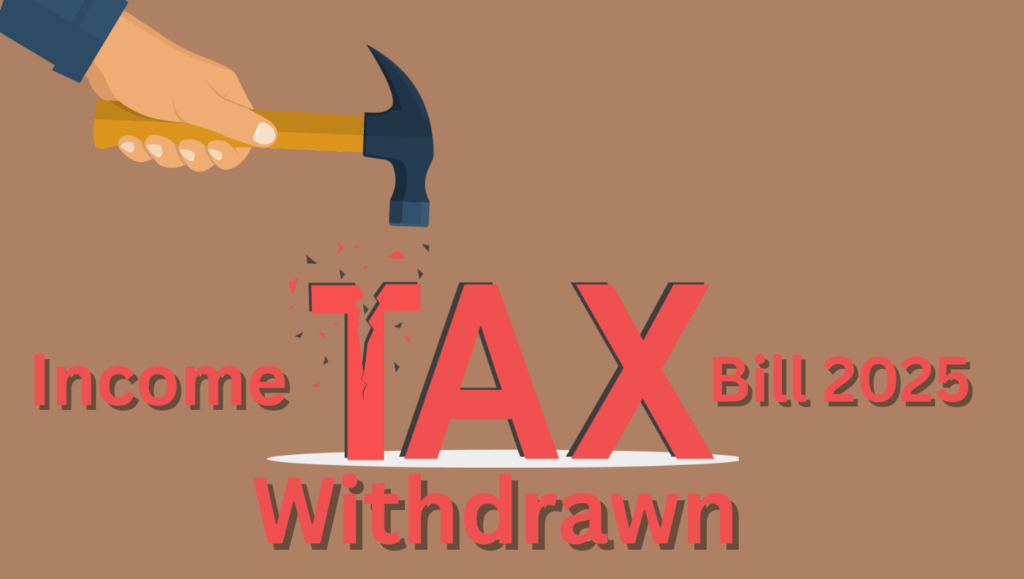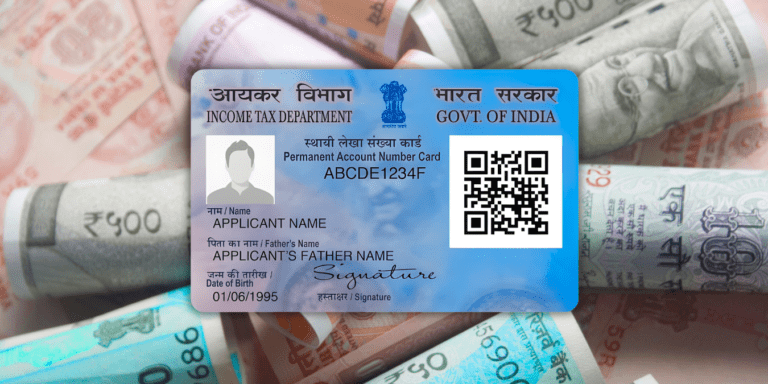
Why joint accounts fail in income tax in India! Learn tax pitfalls, TDS rules, and compliance tips with the latest 2025 data. Optimize ITR filing, avoid penalties, and master joint account taxation with our expert guide. Stay tax-smart!
Joint bank accounts are a popular choice for families, spouses, and business partners in India due to their convenience and flexibility in managing shared finances. Whether it’s for pooling savings, managing household expenses, or ensuring seamless financial operations, joint accounts offer significant benefits. However, when it comes to income tax compliance, these accounts can become a source of confusion and unintended tax liabilities. Many taxpayers in India face challenges due to misconceptions, lack of awareness, or procedural errors related to joint accounts, leading to tax scrutiny or penalties. This blog post explores why joint accounts often fail in the context of income tax in India, backed by the latest data, legal provisions, and practical insights, to help you navigate this complex terrain.
Understanding Joint Accounts: A Quick Overview
A joint bank account is a financial account shared by two or more individuals, typically spouses, family members, or business partners, where all holders have equal access to funds. In India, joint accounts are offered by banks and post offices, with options like “Either or Survivor,” “Former or Survivor,” or “Anyone or Survivor,” determining how funds are accessed or transferred upon the death of an account holder. These accounts are ideal for collaborative financial management but come with specific tax implications that can catch account holders off guard.
Key Features of Joint Accounts
- Equal Access: All account holders can deposit, withdraw, or manage funds, depending on the account’s operational rules.
- Survivorship: In most cases, the surviving account holder gains full access to funds upon the death of another holder.
- Tax Reporting: Interest income from joint accounts is taxable and must be reported correctly in Income Tax Returns (ITR).
Despite their advantages, joint accounts often lead to tax-related complications due to missteps in reporting, documentation, or understanding tax laws. Let’s dive into the reasons why joint accounts fail in income tax compliance and how you can avoid these pitfalls.
Why Do Joint Accounts Fail in Income Tax?
1. Misunderstanding Tax Liability Attribution
One of the primary reasons joint accounts fail in income tax compliance is the misunderstanding of how tax liability is attributed. In India, the Income Tax Act, 1961, assumes that the income from a joint account belongs to the first-named account holder unless proven otherwise. This means that interest earned on savings accounts, fixed deposits (FDs), or recurring deposits (RDs) in a joint account is typically taxed in the hands of the primary account holder, regardless of contributions made by other holders.
For example, if a husband and wife hold a joint savings account with the husband as the first holder, the entire interest income is attributed to him for tax purposes, even if the wife contributed the funds. This can lead to:
- Incorrect Tax Reporting: If the secondary holder reports the income in their ITR, it may result in discrepancies with the bank’s Form 26AS, triggering notices from the Income Tax Department.
- Unexpected Tax Burden: The primary holder may face a higher tax liability, especially if they are in a higher tax slab, while the secondary holder’s contribution is ignored.
Solution: To avoid this, maintain clear documentation of each holder’s contribution to the account. If both holders contribute, the interest income can be split in proportion to their contributions, provided proper records are maintained and communicated to the bank. For instance, Tax2win.in suggests that both account holders can claim their share of Tax Deducted at Source (TDS) while filing ITR, provided they have evidence of their contributions.
2. Lack of Awareness About TDS Rules
Banks in India deduct TDS on interest income exceeding ₹10,000 per year from joint accounts, as per Section 194A of the Income Tax Act. The TDS is typically reported under the PAN of the primary account holder, which can create confusion for secondary holders. For instance, if the secondary holder has no taxable income and doesn’t file an ITR, they may still receive reassessment notices due to TDS mismatches reported in Specified Financial Transaction (SFT) statements.
Recent Data Insight: According to a 2023 report by Mint, tax authorities have increasingly issued reassessment notices to joint holders based on SFT data, especially when the secondary holder is a non-resident or doesn’t file ITR. This has led to unnecessary litigation, wasting time and resources for both taxpayers and the department.
Example Scenario: A mother and son hold a joint fixed deposit with the mother as the primary holder. The interest income exceeds ₹10,000, and TDS is deducted under her PAN. If the son, who contributed 50% of the funds, fails to report his share of the interest in his ITR, the Income Tax Department may flag the mismatch, leading to scrutiny.
Solution: Ensure all account holders file ITR if they have taxable income from the joint account. Submit Form 15G/15H (if applicable) to avoid TDS if the interest income is below the taxable threshold or if the holder is a senior citizen eligible for exemptions under Section 80TTB.
3. Non-Compliance with Disclosure Requirements
The Income Tax Department mandates that taxpayers disclose all bank accounts, including joint accounts, in their ITR. This requirement was introduced to curb money laundering and ensure transparency. However, many taxpayers fail to disclose joint accounts, especially if they are secondary holders or believe the account is irrelevant because they don’t actively manage it.
Consequence: Non-disclosure can lead to penalties or scrutiny, as the department cross-verifies account details with Form 26AS and SFT statements. A 2023 article by ET Money highlights that omitting bank account details, including closed accounts, is a common ITR filing mistake that can delay refunds or trigger notices.
Solution: Disclose all joint accounts in Schedule FA (for foreign accounts) or the ITR’s bank account section, even if you’re a secondary holder. Verify Form 26AS to ensure all interest income is correctly reported.
4. Issues with Non-Resident Joint Holders
Joint accounts involving Non-Resident Indians (NRIs) are particularly prone to tax complications. Under the Foreign Exchange Management Act (FEMA), NRIs must convert resident savings accounts to Non-Resident Ordinary (NRO) accounts or open Non-Resident External (NRE) accounts. The tax treatment varies:
- NRO Accounts: Interest is taxable, and TDS is deducted at 30% (plus surcharge and cess) unless a lower rate is applicable under a Double Taxation Avoidance Agreement (DTAA).
- NRE Accounts: Interest is tax-exempt, but only the primary holder (typically the NRI) benefits.
If a resident Indian is added as a joint holder to an NRO account, the tax liability falls on the primary holder. However, tax authorities may issue notices to the resident joint holder if their PAN is linked to the account, especially if they don’t file ITR. A 2023 ICICI Bank article notes that resident joint holders in NRO accounts often face tax scrutiny due to mismatched PAN data.
Solution: Ensure the primary holder’s PAN is correctly linked to the account, and resident joint holders clarify their non-taxable status in ITR filings. For NRE accounts, confirm that the account complies with FEMA regulations to maintain tax-exempt status.
5. Attribution Rules and Gifting Issues
Under Section 64 of the Income Tax Act, income from assets gifted to a spouse or minor child is clubbed with the donor’s income for tax purposes. In joint accounts, if one holder gifts funds to another (e.g., a husband deposits money into a joint account with his wife), the interest income is taxed in the donor’s hands, not the recipient’s.
Example: If a father gifts ₹5 lakh to his minor daughter’s joint account, the interest earned is added to the father’s taxable income, not the daughter’s. Failure to report this correctly can lead to tax evasion charges.
Solution: Avoid using joint accounts for gifting unless you’re prepared to report the income in the donor’s ITR. Maintain clear records of the gift and its source to avoid disputes.
6. Complications in Survivorship and Estate Planning
Joint accounts often have a “right of survivorship,” meaning the surviving holder inherits the funds upon the death of another holder. While this simplifies estate planning, it can complicate tax reporting. If the deceased holder’s income wasn’t properly reported during their lifetime, the surviving holder may face scrutiny for unreported income.
Recent Data: A 2024 ValuePenguin article notes that joint accounts can complicate tax situations during inheritance, as the surviving holder must clarify the source of funds to avoid gift tax or reassessment.
Solution: Ensure all income from the joint account is reported during the account holders’ lifetimes. Consult a tax professional to handle estate-related tax implications.
7. Technical Errors in ITR Filing
The Income Tax Department’s e-filing portal (updated in 2021) has faced technical glitches, leading to errors in ITR filing for joint account holders. A 2025 SAG Infotech blog highlights issues like incorrect bank account validation or mismatched PAN data, which can cause ITR rejections.
Solution: Double-check bank account details, PAN linkages, and Form 26AS before filing. Use reliable tax software like ClearTax or Genius to minimize errors.
Tax Deductions and Exemptions for Joint Accounts
To mitigate tax liabilities on joint accounts, account holders can leverage the following provisions:
- Section 80TTA: Deduction of up to ₹10,000 on interest from savings accounts (applicable to individuals and HUFs, not senior citizens).
- Section 80TTB: Deduction of up to ₹50,000 for senior citizens on interest from savings accounts, FDs, and RDs.
- Section 10(15): Exemption of up to ₹7,000 on interest from Post Office Savings Bank joint accounts.
Example: A joint savings account with two holders earns ₹15,000 in interest. Each holder can claim a ₹7,500 deduction under Section 80TTA, provided they report their share in their ITR. For senior citizens, Section 80TTB allows a higher deduction, reducing the taxable amount significantly.
Practical Tips to Avoid Tax Pitfalls with Joint Accounts
- Document Contributions: Maintain records of each holder’s contributions to the account to justify income splitting for tax purposes.
- Communicate with Banks: Inform the bank about the contribution ratio to ensure accurate TDS reporting.
- File ITR Promptly: Even secondary holders with no taxable income should file ITR to avoid notices, especially if their PAN is linked to the account.
- Leverage Exemptions: Use Sections 80TTA, 80TTB, and 10(15) to reduce tax liability.
- Consult Professionals: Engage a Chartered Accountant to ensure compliance with tax laws and handle complex scenarios like NRI accounts or gifting.
- Verify Form 26AS: Cross-check interest income and TDS details in Form 26AS to avoid discrepancies.
- Use Online Tools: Platforms like ClearTax and Tax2win simplify ITR filing and provide guidance on joint account taxation.
Final Thought
Joint accounts are a powerful tool for managing shared finances, but they can lead to significant tax challenges if not handled correctly. Misunderstandings about tax liability attribution, TDS rules, disclosure requirements, and attribution rules are common reasons why joint accounts fail in income tax compliance. By staying informed about the latest tax provisions, maintaining proper documentation, and leveraging deductions like Sections 80TTA and 80TTB, account holders can avoid pitfalls and ensure compliance. For complex scenarios, consulting a tax professional is highly recommended.
With the Income Tax Department increasingly leveraging technology like SFT statements and Form 26AS to track discrepancies, proactive tax planning is essential. Whether you’re a primary or secondary account holder, understanding the nuances of joint account taxation can save you from unexpected notices and penalties. Stay informed, stay compliant, and make your joint account work for you—tax-smart and hassle-free.
Disclaimer: This article is for informational purposes only and does not constitute professional tax advice. Consult a qualified Chartered Accountant or tax consultant for personalized guidance.

















































